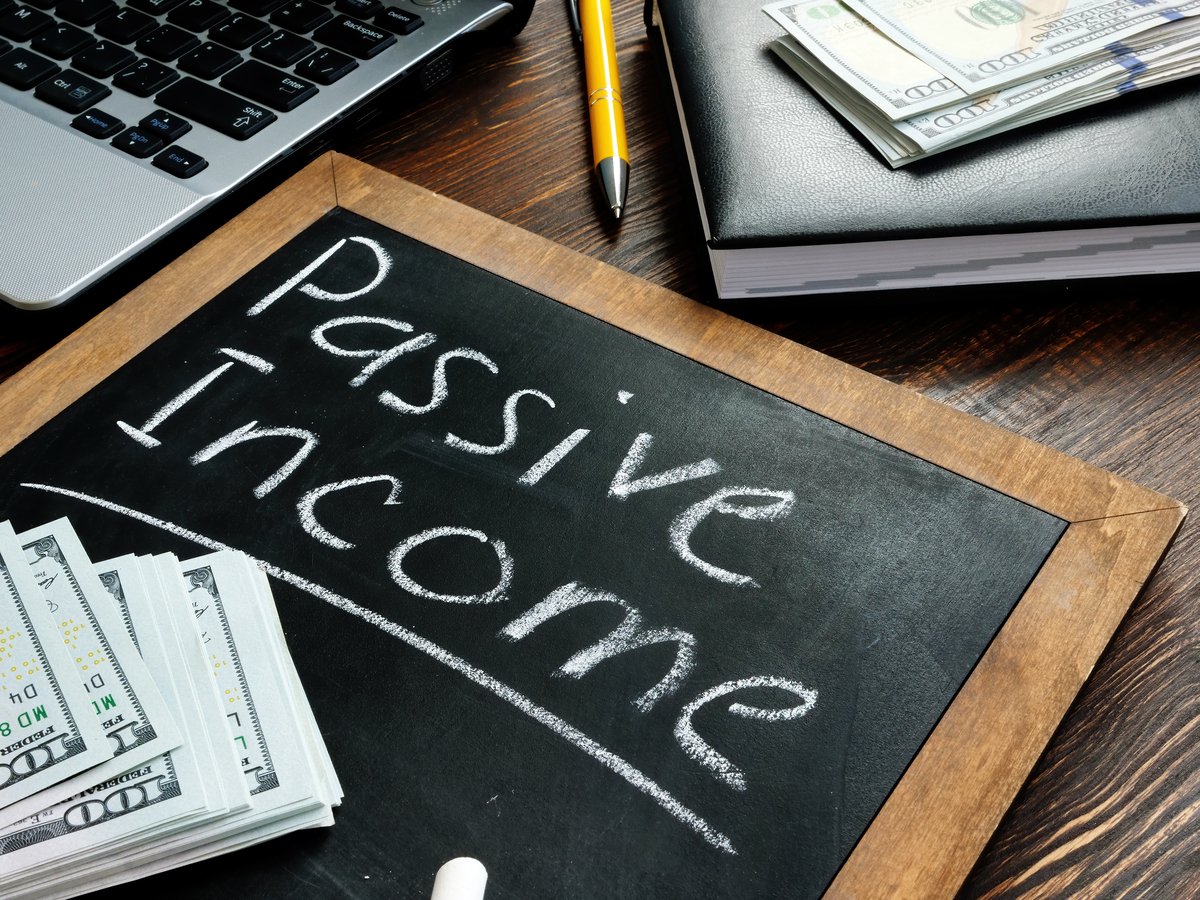If you're worried about the economy, you're not the only one. The Dow Jones Industrial Average has tumbled recently as weak economic data out of the U.S. and China, and fears of the Ebola virus have jolted a high-flying stock market. Concerns have also grown with the earnings season just begun as well as the all-important holiday season when retailers make most of their annual profits. Already bellwethers such as Wal-Mart and EBay have warned that holiday sales would be weaker than expected, citing among other things a stronger dollar. Since July 1, the dollar has soared against many of the world's currencies, up 9% against the Euro, 8% against the British Pound, and 7% against the Yen.
Currency movements aren't always easily explained, but the recent one seems to reflect the upcoming end of the Federal Reserve's bond-buying program as well as what had been promising growth expectations in the U.S. For American companies. The stronger dollar means that the value of their sales abroad is diminished by the change in exchange rates. Let's take a look at three companies that are particularly vulnerable to a rising dollar.
1. McDonald's (MCD +0.84%)
The Golden Arches is already having a rough year. Its stock recently dipped below $90 for the first time since 2012 as the company has been hammered by weak sales due in part to a food safety scare in China. In August, it reported its worst month of comparable sales in over ten years.
A rising dollar brings more problems for Mickey D's as the company brings in the majority of its revenue from overseas, and nearly half of sales from its company-owned stores, which have a greater weight on its overall performance, come from Europe, where the dollar has been particularly strong lately. Company-owned stores in Europe also delivered the strongest margins for McDonald's, at 19.2%, meaning over $1.5 billion in operating profit from company-operated restaurants is being undervalued. European franchisees also contribute a significant amount of sales.
Analysts are projecting earnings of $1.38 per share when McDonald's reports quarterly results Tuesday, but that number has not been revised in over a month. I'd expect currency translation to shave at least a couple pennies off of its profit, adding to the fast-food king's problems.
2. Amazon.com (AMZN 6.74%)
Like McDonald's, Amazon has also been struggling as its stock is down 25% since the beginning of the year and has fallen sharply each time the company has reported earnings, most recently when it posted a wider loss than expected in its second quarter. Analysts are now projecting an $0.11 per-share loss for the year, but it could be even worse when factoring in the dollar's strength.
Amazon derives 40% of its sales from outside North America, but currency fluctuations took a big bite out of international sales last year, lowering growth from 19% to 14%. The company freely acknowledges currency exchange as a risk in its 10-K report, and carries cash and marketable securities in a number of different currencies as a hedge on changing exchange rates.
Amazon will report earnings next Thursday, and analysts are projecting a loss of $0.74 per share, though the consensus has barely moved in the last two months. Like McDonald's, Amazon could easily see its EPS fall a few cents on currency translation.
3. Philip Morris (PM 0.34%)
The tobacco giant that split from Altria several years ago now derives all out of its revenue from outside of the U.S. with about 90% of if from outside the Americas. Philip Morris reported earnings this past Thursday morning, and the effects of the stronger dollar were substantial. Earnings per share fell $0.06 to $1.38, however, they would have improved to $1.58, excluding unfavorable currency translation. That means the stronger dollar sliced off 13% of the company's profits for the quarter past. Year-to-date, currency translations have cost the tobacco producer a similar percentage of earnings, and the company also revised its EPS forecast downward to $4.76-$4.81.
Without currency effects, the company would have seen earnings grow 7% instead of fall by close to 10%. In 2013, currency translation reduced the company's profits by $0.34 per share.
Foolish thoughts
Though currency woes can momentarily slash a company's earnings, it's important to remember they do not affect the company's underlying operating performance. Foolish investors should keep exchange rates in mind, but also focus on the true drivers of profit. For now, the three companies may be experiencing some pain over the next quarter or two, but that alone should not cause investors to question whether the underlying business is operating well or not.








